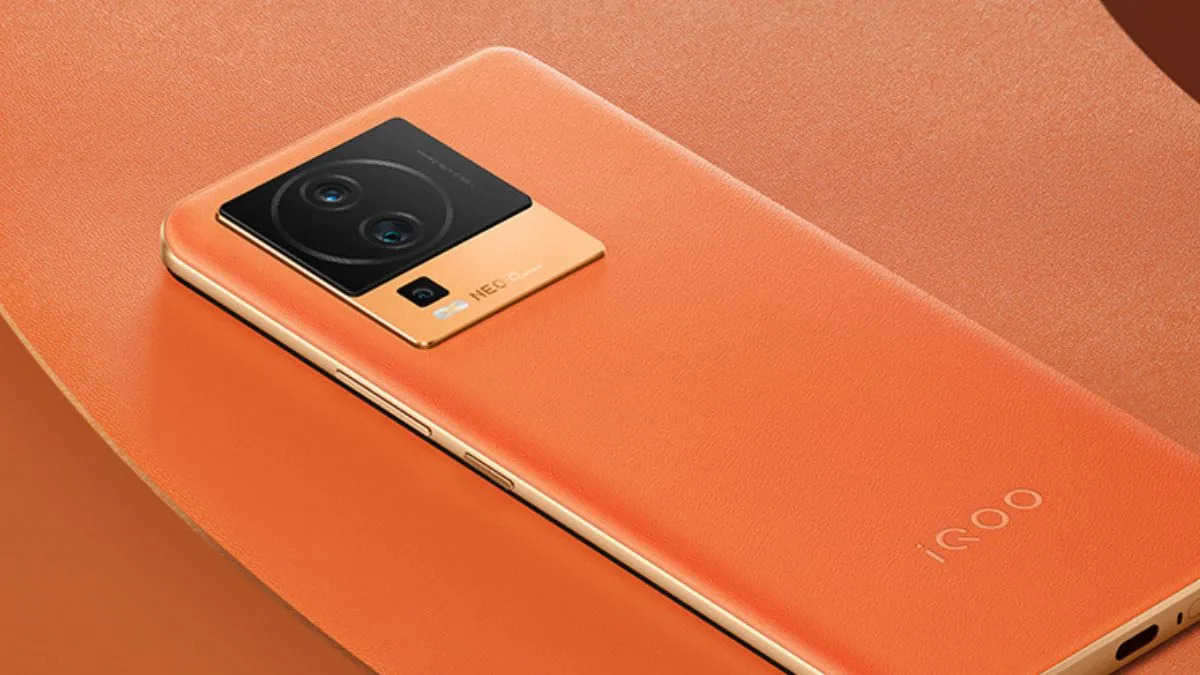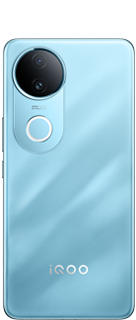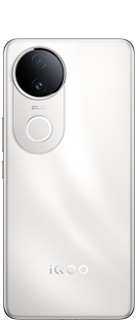Exploring Vegan Leather: A Sustainable Alternative Shaping the Smartphone Market
Exploring Vegan Leather: A Sustainable Alternative Shaping the Smartphone Market

In recent years, the fashion and technology industries have undergone a transformative shift towards sustainability, driven by increased environmental awareness and a growing demand for ethical products. One remarkable innovation that has emerged from this movement is vegan leather. This cruelty-free and eco-friendly alternative to traditional animal-derived leather has not only revolutionized the fashion world but has also found its way into unexpected niches, such as the smartphone market.
Understanding Vegan Leather: Composition and Creation
Vegan leather, often referred to as faux leather or synthetic leather, is a material designed to mimic the appearance and texture of genuine animal leather. Unlike conventional leather, which is made from animal hides, vegan leather is produced using a variety of plant-based or synthetic materials. Some common sources of vegan leather include:
Polyurethane (PU) Leather: This type of vegan leather is created by coating a fabric substrate (often polyester) with a layer of polyurethane. The polyurethane layer can be manipulated to imitate the texture of animal leather, making it a popular choice for fashion and accessory items.
Polyvinyl Chloride (PVC) Leather: Similar to PU leather, PVC leather involves applying a layer of polyvinyl chloride to a fabric base. While PVC leather is less environmentally friendly compared to PU leather due to the production process and potential release of harmful chemicals, it is still used in some applications.
Plant-Based Leather: Innovative developments have led to the creation of vegan leathers derived from plant sources such as mushrooms, pineapple leaves (Piñatex), apple peels, and other agricultural waste products. These materials offer a more sustainable alternative to traditional synthetic leathers and are biodegradable in some cases.
Benefits of Vegan Leather
Cruelty-Free: One of the most compelling advantages of vegan leather is its ethical appeal. No animals are harmed or killed in the production of vegan leather, aligning with the values of animal welfare and compassion.
Environmental Sustainability: Traditional leather production is associated with deforestation, water pollution, and greenhouse gas emissions. Vegan leather, especially when derived from plant-based sources, has a significantly lower environmental impact, reducing the carbon footprint of consumer goods.
Versatility and Innovation: Vegan leather can be customized to meet specific design and texture requirements. This flexibility has fueled creativity and innovation in fashion, interior design, and consumer electronics.
Durability: High-quality vegan leather products can be as durable as genuine leather, offering longevity and resistance to wear and tear.
Vegan Leather in the Smartphone Market
In recent years, smartphone manufacturers have recognized the potential of vegan leather to meet the demands of conscious consumers. Vegan leather phone cases and accessories have become popular choices for individuals seeking stylish, cruelty-free alternatives. Here's how vegan leather has made its mark in the smartphone market:
Aesthetic Appeal: Vegan leather phone cases offer the luxurious appearance of traditional leather, enhancing the aesthetic value of smartphones while catering to ethical considerations.
Customization: Manufacturers can experiment with various colors, textures, and patterns of vegan leather to create unique and visually appealing phone accessories.
Brand Image: Embracing vegan leather aligns smartphone companies with sustainability and ethical values, helping to enhance their brand image and attract a wider audience.
Consumer Demand: As eco-consciousness continues to grow, more consumers are actively seeking products that align with their values. Vegan leather phone accessories cater to this demand and offer an opportunity for brands to tap into a lucrative market segment.
Vegan leather has emerged as a game-changing sustainable alternative, transforming industries and consumer choices alike. With its cruelty-free nature, lower environmental impact, and versatility, vegan leather has found a niche in the smartphone market. As ethical and environmental considerations become increasingly important to consumers, the adoption of vegan leather in the smartphone industry is a step towards a more responsible and compassionate future. As technology and innovation continue to drive the evolution of materials, it's exciting to anticipate how vegan leather will shape the landscape of fashion, design, and technology in the years to come.
Signinig Off
Nitin Panwar
Moderator
Please sign in
Login and share






















